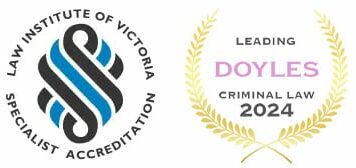,
Traffic Offences
Traffic offences are a complex and often complicated area of law in Victoria, as the offences can be very serious and have significant penalties. Slades & Parsons can answer your questions on these offences and help you navigate the process.

